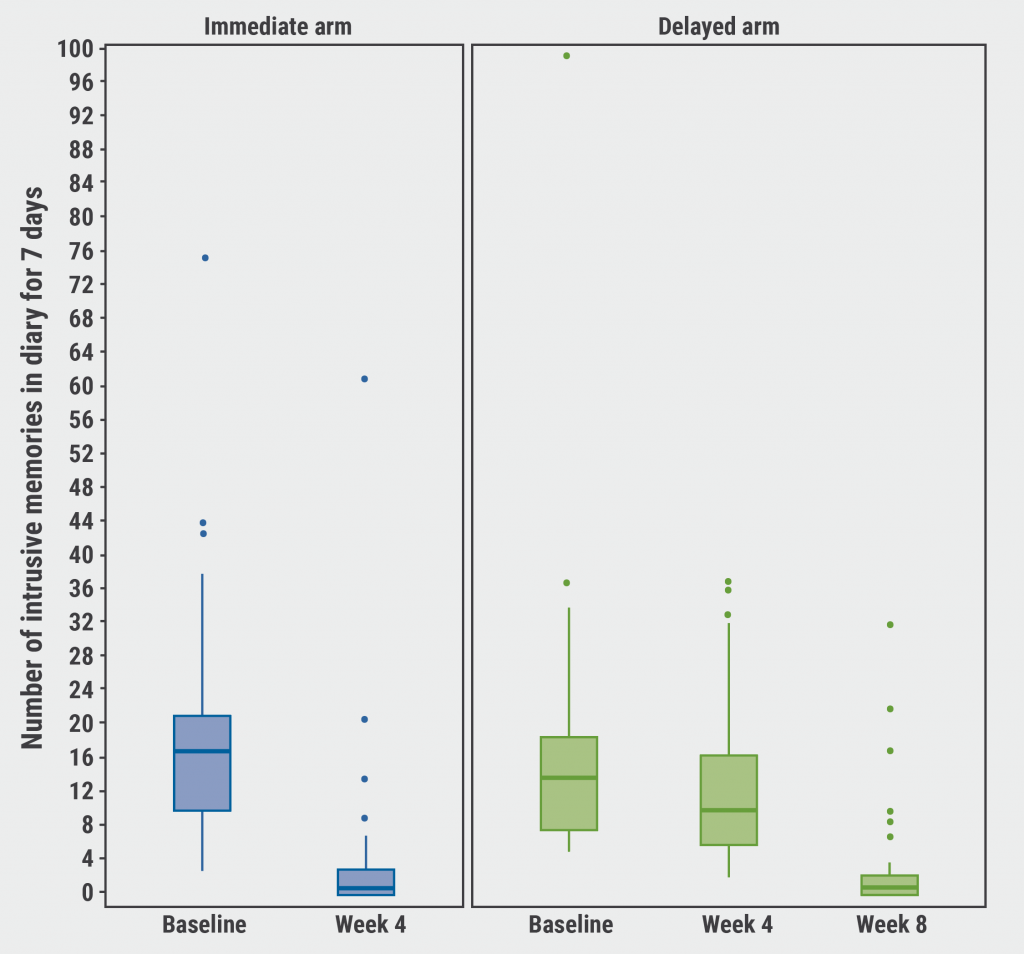Prof. Frank Jessen (University Hospital of Cologne, Germany) presented data from the German AgeCoDe, an ongoing, multicentre study on ageing, cognition, and dementia [1]. This is a population-representative cohort aiming to identify risk factors of dementia. The present study from the AgeCoDe cohort included data from over 3,000 participants with an average age at baseline of 75 years; nobody had dementia [1].
One of the findings of the present study showed that cognitively healthy participants (n=2,423) with a subjective cognitive decline have a hazard ratio (HR) of 3.04 for developing Alzheimer’s disease dementia. The risk was even higher (HR 6.54) when participants indicated that they worried about their cognitive decline [3]. The prognostic value of subjective cognitive decline for incident MCI improved when evaluating the consistency of the subjective cognitive decline and associated worry [4].
Biomarkers play a role as well; Prof. Jessen explained that specific aspects of subjective cognitive decline, namely severity and quality, are related to cerebrospinal fluid (CSF) biomarkers indicative of Alzheimer’s disease, including β-amyloid [2]. He concluded that the underlying mechanisms concerning the association between worries about memory and the increased risk of MCI and dementia are unclear. “Proneness to worry is a risk factor for cognitive decline and Alzheimer’s disease versus pathology causes worries through subtle dysfunction of cognition.” Subjective cognitive decline, neuropsychiatric symptoms (including worries), subtle cognitive dysfunction, and biomarker change all occur temporally in the early stages of the purely asymptomatic phase of Alzheimer’s disease [1].
- Jessen F. The association of worries about cognitive decline and Alzheimer‘s disease pathology. S26.03. ECNP Congress 2020.
- Wolfsgruber S, et al. Neurology 2015;84(12):1261-8.
- Jessen F, et al. Arch Gen Psychiatry. 2010;67(4):414-22.
- Van Harten AC, et al. Neurology. 2018;91(4):e300–e312.
Posted on
Previous Article
« Genomics of vascular dementia and stroke Next Article
Reduced auditory cortex activation during speech perception in patients with schizophrenia »
« Genomics of vascular dementia and stroke Next Article
Reduced auditory cortex activation during speech perception in patients with schizophrenia »
Table of Contents: ECNP 2020
Featured articles
Psychosis and Schizophrenia
Prognostic tools in the management of clinical high risk for psychosis
Reduced auditory cortex activation during speech perception in patients with schizophrenia
Dementia
Predicting MCI and dementia by assessing worrying about memory
Genomics of vascular dementia and stroke
Bipolar Disorders
Social media and bipolar disorder: a risky combination
How to prevent the onset and first relapse of bipolar disorders?
Seasonal pattern and bipolar disorder
OCD and Depression
Personalised medicine in depression: a realistic way forward?
Heart rate could be a potential biomarker for depression
Listening to Mozart has a beneficial effect on epilepsy
Mental Health
Mental health during the COVID-19 pandemic
Microdosing psychedelics offers perspective but needs further evaluation
The PRISM project: focusing on biological parameters across neuropsychiatric disorders
Smartphone can support personalised medicine in psychiatry
Baby’s heart rate shows stress if their mother is depressed or anxious
Autism and ADHD
Movement computing promising in analysing motor impairment in children with autism spectrum disorder
Screening with ADHD Self-Report accurate in girls
No altered fractional anisotropy in ADHD
Role of the Microbiome
Micronutrient supplementation as treatment for psychiatric symptoms
Substance Abuse
Altered gene expression of endogenous opioid system after alcohol exposure in adolescent rodents
Subgroups in alcohol use disorder based on externalising symptoms
New drugs for alcohol use disorder to focus on combination therapy
Related Articles
November 2, 2020
Subgroups in alcohol use disorder based on externalising symptoms

© 2024 Medicom Medical Publishers. All rights reserved. Terms and Conditions | Privacy Policy
HEAD OFFICE
Laarderhoogtweg 25
1101 EB Amsterdam
The Netherlands
T: +31 85 4012 560
E: publishers@medicom-publishers.com

